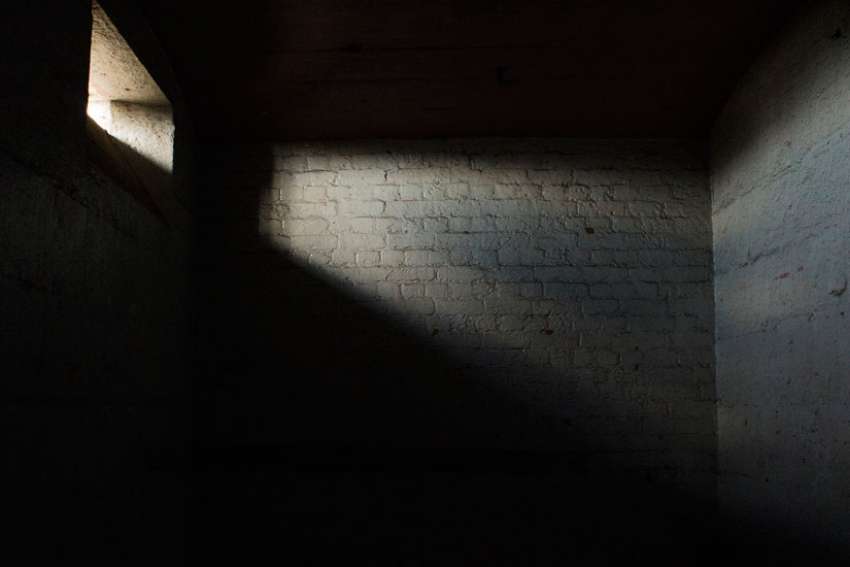Locking away inmates for weeks and even months on end has become an issue following revelations concerning the appalling treatment of Adam Capay. The 23-year-old aboriginal inmate was kept alone in a windowless jail cell, the lights constantly turned on, for a shameful four years while awaiting trial for murder. He was returned to the modest comfort of a regular cell only after his situation sparked a public outcry.
Jails fail a civilized society when they are used to dehumanize people. No person, regardless of their crime, should be denied basic human dignity. No person should be shut off from the world and subjected to prolonged anti-social conditions that are proven to induce anxiety, depression, hopelessness and suicidal tendencies. Solitary confinement for anything but very short duration is a type of mental torture. It’s an insult to Christian and Canadian values and an affront to civilized society.
Yet every day inmates are locked in isolation and if the key isn’t being thrown away, it’s certainly being forgotten in a bottom drawer. An Ontario report earlier this year showed 19 per cent of prisoners spent time in solitary lockup during the last three months of 2015. A third of them were isolated for a punishing 15 days of more.
The data also showed that solitary inmates largely comprised indigenous prisoners, women and inmates with mental illness. Another study reported indigenous prisoners had, on average, longer solitary lockups than any other group.
In response to the report and the Capay indignity, Ontario’s correction minister recently capped solitary confinement at 15 days for disciplinary cases and hired an independent expert to report early next year on ways to improve the system. Meantime, the revised rules don’t address so-called “administrative cases” like Capay’s, or cases involving mental illness or inmates who are repeat targets for solitary confinement. So, while a beginning, these are baby steps on a long climb.
Genuine change won’t come about by new regulations alone. A new sensibility is required for prison workers — and their political bosses — to understand that although prisons take away freedom they should never be used to rob people of human dignity. There are instances when brief stays in solitary confinement may be necessary for the safety and security of prisoners and guards, but these should be infrequent and always accompanied by measures to assure the physical and mental wellbeing of prisoners. Otherwise, segregated imprisonment, particularly the prolonged isolation the UN calls torture, is inhumane and unworthy of an otherwise compassionate society.


